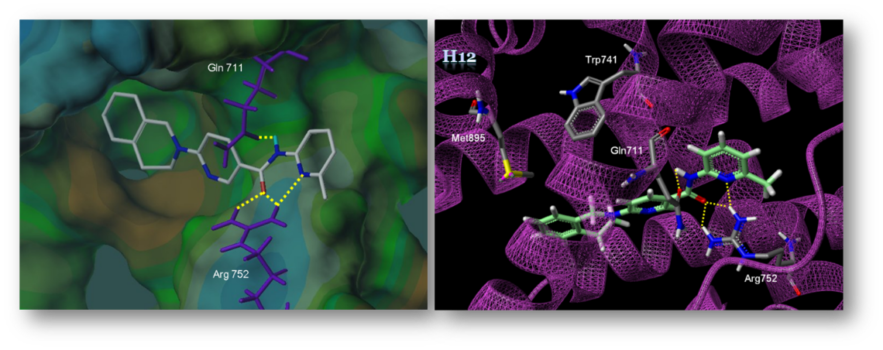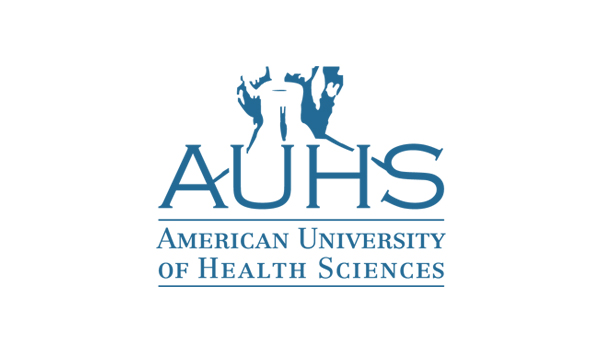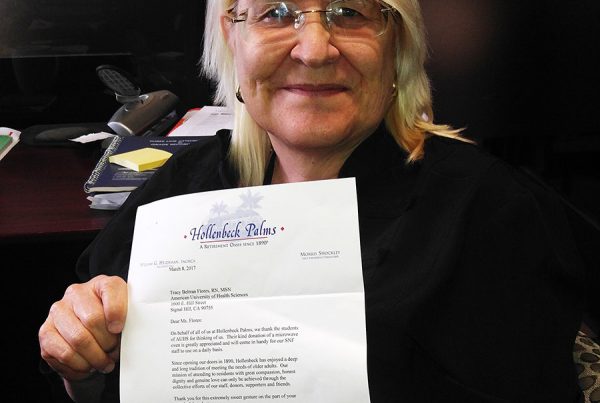By: Suhui Yang, PhD
Assistant Professor, School of Pharmacy
 Prostate cancer is the most commonly diagnosed malignancy and the second leading cause of cancer deaths in men in the United States. Antiandrogen therapy with first-generation androgen receptor (AR) antagonists, such as bicalutamide (BIC), leads to a temporary reduction of prostate cancer with a decrease in the level of serum prostate-specific antigen (PSA), a biomarker of prostate cancer. Unfortunately, cancer cells grow again in the absence of androgens and progress to castration-resistant prostate cancer (CRPC). CRPC is attributed to elevated AR gene expression which can be driven by AR gene amplification, AR gene mutation, or ligand-independent AR activation. In addition, the first-generation AR antagonists acquire agonistic property in cells that are engineered to express higher amounts of AR. This switch from antagonism to partial agonism is demonstrated by the anti-androgen withdrawal syndrome; the serum concentration of PSA decreases in patients after discontinuation of anti-androgens.
Prostate cancer is the most commonly diagnosed malignancy and the second leading cause of cancer deaths in men in the United States. Antiandrogen therapy with first-generation androgen receptor (AR) antagonists, such as bicalutamide (BIC), leads to a temporary reduction of prostate cancer with a decrease in the level of serum prostate-specific antigen (PSA), a biomarker of prostate cancer. Unfortunately, cancer cells grow again in the absence of androgens and progress to castration-resistant prostate cancer (CRPC). CRPC is attributed to elevated AR gene expression which can be driven by AR gene amplification, AR gene mutation, or ligand-independent AR activation. In addition, the first-generation AR antagonists acquire agonistic property in cells that are engineered to express higher amounts of AR. This switch from antagonism to partial agonism is demonstrated by the anti-androgen withdrawal syndrome; the serum concentration of PSA decreases in patients after discontinuation of anti-androgens.
There have been extensive studies to develop pure AR antagonists. However, due to the lack of structural information of AR in the antagonistic mode, the chemical modification on either agonists or first-generation antagonists of AR has been mainly applied. To address the issue of a possible switch from AR antagonist to agonist inducers by structural similarity, the research group that Dr. Yang worked in performed receptor-based virtual screenings (VS) to identify a totally new chemical scaffold, the nicotinamide DIMN (Figure) [1]. DIMN has been proven to be more potent than the current drug, BIC, and to significantly reduce cell growth of both the early and late stages of prostate cancer. Moreover, the nicotinamide DIMN has never been exposed in the literature with any biological activity, and this is the first successful attempt to apply VS for a lead identification by using AR ligand-binding domain (LBD) in the agonistic mode.
Further structural optimization on the lead DIMN based on a structure-activity relationship (SAR) analysis successfully leads to more potent nicotinamide compounds containing alkoxy substituents at positions of 5 or 6 of the isoquinoline [2]. This strong antiandrogenic effect of the nicotinamides would be well explained by their AR binding affinity as well as the potent inhibition effect on AR activation steps. In addition, encouragingly, the assumption of the nicotinamides retaining strong AR antagonism seems to be clarified as the alkoxy substituents of the isoquinoline moiety, which are closely packed in the pocket and located within just a short distance, causing a dislocation of Met895. In result, it leads to the impairment in the reposition of mobile carboxyl-terminal H12 and the consequent disruption of AF2 formation. All these findings highlight the nicotinamide nucleus containing alkoxy groups on isoquinoline as an excellent scaffold for a novel class of AR antagonists. The provided SAR data and docking models can offer a useful guidance for the designing of pure AR antagonists as effective therapeutic agents for advanced prostate cancer.
- -H. Song, S. H. Yang (co-first), E. Park, S. H. Cho, Eun-Yeung Gong, D. B. Khadka, W.-J. Cho, and K. Lee, “Structure-Based Virtual Screening and Identification of a Novel AR Antagonist”, J. Biol. Chem., (2012), 287 (36), 30769-30780
- H. Yang, C.-H. Song, H. T. M. Van, E. Park, D. B. Khadka, E.-Y. Gong, K. Lee, and W.-J. Cho, “SAR Based Design of Nicotinamides as a Novel Class of Androgen Receptor Antagonists for Prostate Cancer”, J. Med. Chem., (2013), 56 (8), 3414-3418.
About American University of Health Sciences
AUHS is a Christian based, minority-serving university, which educates students for careers in the healthcare professions. AUHS emphasizes the values of faith in God, love of humankind, and belief that all people have a right to healthcare and deserve a good quality of life based on the wellness of body, mind, and spirit. The university celebrates diversity and reaches out to groups currently underrepresented in healthcare and research. AUHS provides the undergraduate and graduate curriculum, hands-on practical training, and supportive environment required to create competent and compassionate healthcare professionals.
American University of Health Sciences is accredited by the WASC Senior College and University Commission (WSCUC), 985 Atlantic Avenue, Suite 100, Alameda, CA 94501, 510.748.9001.
Connect with our social networks
AUHS Facebook
AUHS Instagram
AUHS Twitter






